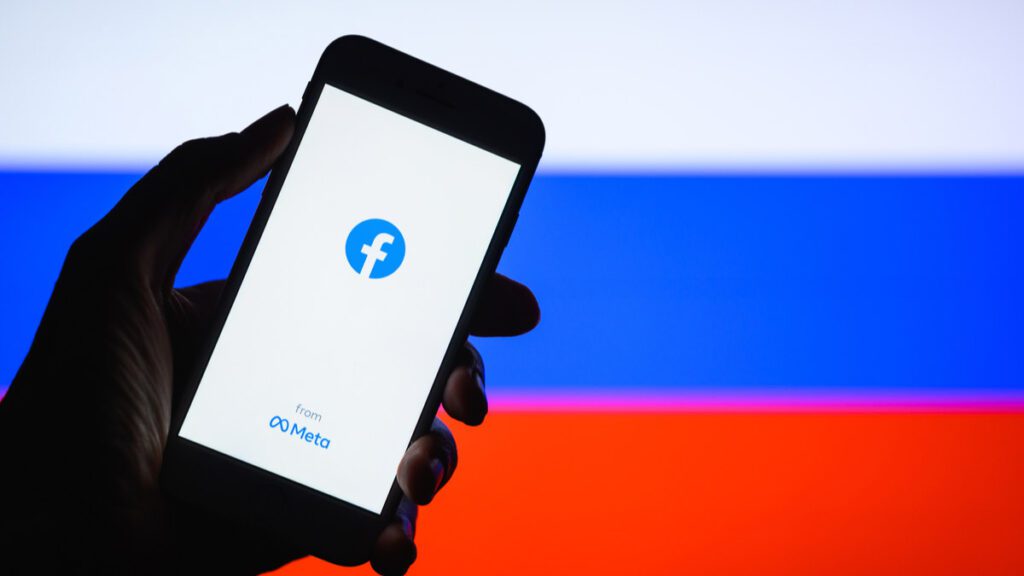Facebook to Allow Posts with Violent Content toward Russian Soldiers

In an unprecedented move towards the Russian assault on Ukraine, Meta Platforms, the parent company of Facebook and Instagram, temporarily reduced its approach to violent speech on Thursday.
It also stated it would let comments such as “death to Russian invaders” but not credible threats against civilians.
As such, the policy decision was criticized directly, with Russia’s embassy in the U.S. urging on Friday that Washington stop the “extremist activities” of the Facebook owner.
The decision includes calls for the death of Russian President Vladimir Putin or Belarusian President Alexander Lukashenko will be permitted, as long as they don’t have threats toward others or “indicators of credibility” like saying where or how the act will take place.
“Meta’s criminal and aggressive leading to the provocation of hostility and hatred towards Russians is outrageous,” the embassy said in a statement. “The company’s actions are yet another evidence of the information war without rules declared on our country.”
On its part, the tech giant defended its policy decision, with Meta spokesperson Andy Stone saying that “the Russian invasion of Ukraine resulted in the company temporarily making allowances for forms of political expression that would break our rules like violent speech such as ‘death to the Russian invaders. We still won’t allow credible calls for violence against Russian civilians.”
The reports confirmed that this policy applies to Russia, Ukraine, Latvia, Poland, Lithuania, Estonia, Slovakia, Romania, and Hungary.
The company ensured that in 2021, Facebook leaders obtained similar brief instructions about “death to Khamanei” content and quoted a spokesperson saying that Facebook completed that exception in earlier cases.
Tech platforms had to have some guidance through some issues related to the war in Ukraine, such as when U.S. Senator Lindsey Graham called for the assassination of President Putin on Twitter and in a televised interview.
“The only way this end is for somebody in Russia to take this guy out,” says Graham’s tweet from March 3, which Twitter has not taken down.
Generally, restraint procedures would dictate that attacking a particular group based on its identity or language dehumanizing be dismissed. However, the context of the situation demands reading some posts from the listed countries around generic Russian soldiers as a proxy for the Russian military as a whole. Without credible statements attached, moderators are directed not to take action on them.
It’s vague whether the posts would be removed even without the direction. The policy already includes many carve-outs and exceptions. It states explicitly that additional information or context is needed before the enforcement of the policy in several cases, including the Facebook community standards regarding hate speech and violence and incitement have continued to receive updates since the company started publishing them publicly in 2018.
In addition, this shift is the most delinquent model of how platforms changed their treatment of content deriving from the invading countries or relating to them since the fighting began.
The company temporarily allowed posts calling for “death to Khamenei” in July 2021, referring to Iran’s Supreme Leader Ali Khamenei during demonstrations in the country.
